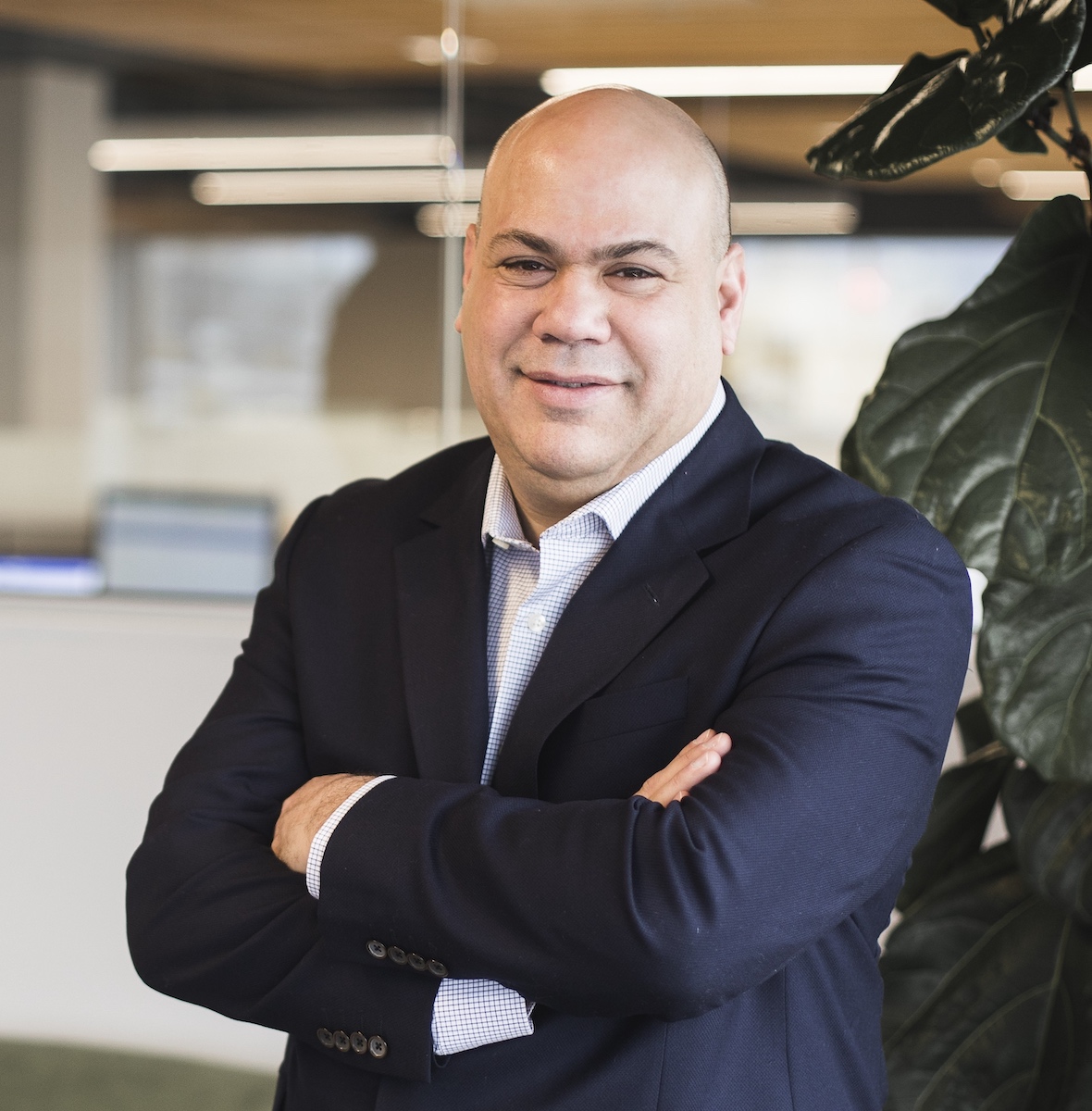Community First Fund President and CEO Dan Betancourt frequently visits the businesses his community development financial institution, or CDFI, serves. A recent visit to a Vietnamese restaurant displayed the information gap that hurts so many entrepreneurs of color.
Community First had loaned a 21-year-old Vietnamese man approximately $100,000 to start the business. This owner, who Betancourt considers gifted in his culinary craft, had previously worked in his parent’s business since he was 15. When Betancourt paid for his $10 bowl of pho, he was surprised to see his amount come out to exactly $10. He ordered the same dish in his next two visits, and the same thing happened.
Betancourt asked the owner why there was no sales tax on each bill. The owner told Betancourt that he only paid taxes quarterly because that’s what he learned from his parents and he didn’t understand that he needed to charge sales tax to pay it in his taxes. Betancourt realized Community First needed to help the young entrepreneur beyond its loan.
Entrepreneurs of color face different challenges when starting businesses than their white counterparts — less institutional support and less access to capital, for instance. CDFIs specifically serve entrepreneurs of color, low-income entrepreneurs and other disadvantaged groups by providing loans and training to help them overcome issues related to raising capital for their businesses, which could include a lack of financial education. CDFIs often offer more affordable rates than commercial banks and financial institutions.
See a full list of Pennsylvania CDFIsCommunity First is a CDFI based in Lancaster that has historically worked in South Central Pennsylvania. In 2018, Community First entered the Philadelphia market to serve its large communities of color and during that time began working more closely with FINANTA, a CDFI based in Kensington. Community First handled business loans while FINATA focused on education and residential mortgages. The two organizations’ leaders believed a merger could allow them to better serve the community. That merger was formalized in July.
They didn’t foresee a pandemic making things more complicated.
The Paycheck Protection Program (PPP) was initiated by the federal government in April 2020 to provide small businesses with loans to help keep them afloat during the pandemic. Betancourt said Community First worked around the clock with FINANTA to support clients because they knew PPP funding would run out and that banks were not prioritizing people of color. (In direct response to what ended up being an inequitable distribution of loans, CDFIs were designated to direct PPP funding first at the start of the program’s second round last month.)
The two CDFIs teamed up to make 461 loans totaling $15,784,736 in PPP’s first round, Betancourt said. The successful collaboration between the organizations affirmed the decision for them to merge. Though the two paused an external rollout of the merger amid the pandemic, FINANTA will officially adopt Community First’s name and branding on April 1, 2021.
With FINANTA, Community First has enhanced its strategy in working with its clients and strengthened its capacity for processing loans in the current PPP round by hiring a fintech company to work behind the scenes, create a call center and accept online applications, Betancourt said.
“[Using technology in this way] is not something we would have ever thought of before COVID, but here it made sense because we have an emergency and capacity,” he said.
Communities of color already suffered systemic injustices before the pandemic, but in 2020, a social reckoning after the killing of George Floyd raised the level of outside awareness. As a result, Starbucks, for instance, committed $100 million by 2025 to support small businesses and development projects in communities of color, with an emphasis on partnering nationally with community leaders and CDFIs.
While the circumstances were appalling, Betancourt said, it’s a good thing that corporate firms that previously didn’t engage with CDFIs are now more aware of them. The short-term support has been appreciated, but he is still hesitant to speak on possible long-term effects.
“I think there is a paradox in many respects,” he said. “CDFIs will be needed more than ever, but thank goodness for the awareness. If we can benefit communities of color, that’s what we care about. It’s a travesty that it took an accumulation of horrific events to see some change. I can’t say yet whether this is going to be permanent change.”
Michael Butler is a 2020-2022 corps member for Report for America, an initiative of The Groundtruth Project that pairs young journalists with local newsrooms. This position is supported by the Lenfest Institute for Journalism.Join the conversation!
Find news, events, jobs and people who share your interests on Technical.ly's open community Slack

Philly daily roundup: East Market coworking; Temple's $2.5M engineering donation; WITS spring summit

Philly daily roundup: Jason Bannon leaves Ben Franklin; $26M for narcolepsy treatment; Philly Tech Calendar turns one

Philly daily roundup: Closed hospital into tech hub; Pew State of the City; PHL Open for Business


